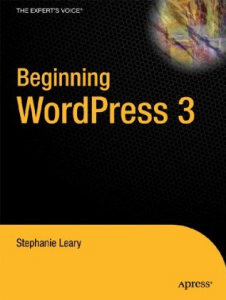I’ve found a lot of nifty software and scripts lately. The best by far is the Word-Unmunger, which strips all the proprietary XML and CSS out of Word-generated HTML files – and, unlike Dreamweaver’s “Clean up Word HTML” function or the Demoroniser, this one actually gets you a squeaky-clean HTML file that’s ready and waiting to be CSSified. [classified? hmm.] Not being familiar with Python, I was confused at first as to how to run the thing, but it turned out to be fairly easy – though it’s a command line thing, at least on OS X:
blah% python word-unmunger.py [input-filename] [export-filename]
A GUI would be nice, but I’m happy enough with the result that I’ll put up with the command line interface. If you’re not excited about this script… well, you must not get all your web content in Word 2000 files like I do.
Another delightful one showed up on Forwarding Address: OS X, where Patrick Nielsen Hayden discovered – at last! – a script to export Chimera bookmarks. He says it’s part of the latest nightly builds. Patrick complains that Mozilla now resides on his system as a bookmark-converson utility, but I learned during my helpdesk days that it’s also a fantastic address book conversion utility – a necessary step, in fact, between Pegasus mail (the old university-endorsed email client) and Outlook Express (the new one).
We won’t go into the wisdom, or lack thereof, of the university’s choice in email clients.
Ah, well. I’m used to keeping three to eight browsers on my system to test web layouts in, but I suppose for people in other professions it is pretty silly to waste hard drive space on redundant tools. Still, since Chimera lacks Mozilla’s mail and news features, I’d probably keep it around anyway.
Adrian Holovaty has created a code to content ratio [1] script [2], which tells me exactly how much better my new design (at work) is than the old image/table-laden one. To be exact, 25% to 1.8%. (Yes, that last figure is correct – and the scary thing is that the only reason it scored that highly is that all the images do have proper ALT tags.) It won’t help your writing suck less, but at least you can fight code bloat.
Last is Mark Pilgrim’s “New Door” recommended reading script, which will analyze the links on a URL and finds 10 blogs you don’t appear to be reading that it thinks you might like. I ran it on this site, but as my blogroll is sadly outdated and no one is seeing my latest posts (oh, how I long for Movable Type) it didn’t do a very good job. I’ll try it again on my new and improved blog and let you know.



